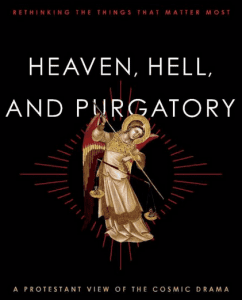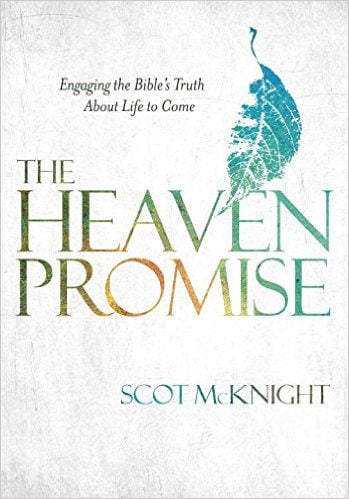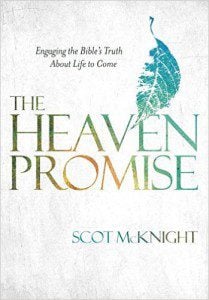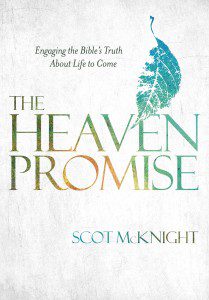Any one who has counseled the grieving — as a parent, as a sibling, as a child, as a pastor, as a friend, as a neighbor — anyone, in other words, who has done so has been asked this question: Will I recognize my loved ones? Will they recognize me? Will we know one another?
There are some who have what is often called a theo-centric theory of heaven/the afterlife and they tend to focus on our union with God and our worship of God and God as the Be-All of heaven. There are others who have a socio-centric theory of heaven/the afterlife and they tend to focus on both a union with God as well as knowledge of one another.
(And there are some who say, “We can’t know, it’s all speculation, and let’s focus on the present.” This posture will not fit the biblical evidence that focuses on a future kingdom of God. Radical agnosticism about heaven or the future kingdom fails to have the confidence and courage of the biblical authors and tends to diminish the significance of the bodily resurrection of Jesus.)
 Jerry Walls, in his book Heaven, Hell, and Purgatory, examines this question in part through the issue of whether we will be souls or bodies in heaven. He contends that we will not only know one another but we will know one another even better than we do now.
Jerry Walls, in his book Heaven, Hell, and Purgatory, examines this question in part through the issue of whether we will be souls or bodies in heaven. He contends that we will not only know one another but we will know one another even better than we do now.
Walls’ book is a primer, but a mighty good primer, for classes and churches. He has pastoral angles and the book raises all the big issues — and the book is clearly and winsomely written. A must have for pastors and for libraries. (And those who want more can follow up with his three more academic volumes on these topics, each of which is a winner in my view.)
Walls opens with the famous Road to Emmaus scene with Jesus where we see both bodily continuity and discontinuity, and part of that continuity is resumption of relationships (Luke 24). If Jesus’ raised body is paradigmatic then personal identity is also resumed fully.
Of course, this raises a huge question: How do people maintain identity in continuity between their death and resurrection? How much of us survives? What survives?
Here we enter a big one: Soul or Body? Dualism or monism (physicalism, materialism)? (Recent studies by Kevin Corcoran at Calvin and Joel Green at Fuller; I have heard their arguments and turned them over and over, but I still favor the dualist option because of passages like 2 Cor 5:1-10 and “Today you will be with me in paradise.”) Is death separation of soul and body (dualism)? Physicalist sees a more radical form of death — and probably, too, not consciously alive in God’s presence until the resurrection. Do souls recognize one another before resurrection?
For the physicalist, do we get a special post-death pre-resurrection temporary body? Do have a “gap” in our existence?
And identity is very tricky, too. Our identity is a storied, morally-decided reality and it is also a loving and being loved, relational reality. How much discontinuity can we handle and maintain identity? Walls, no surprise here, thinks purgatory maintains greater continuity.










